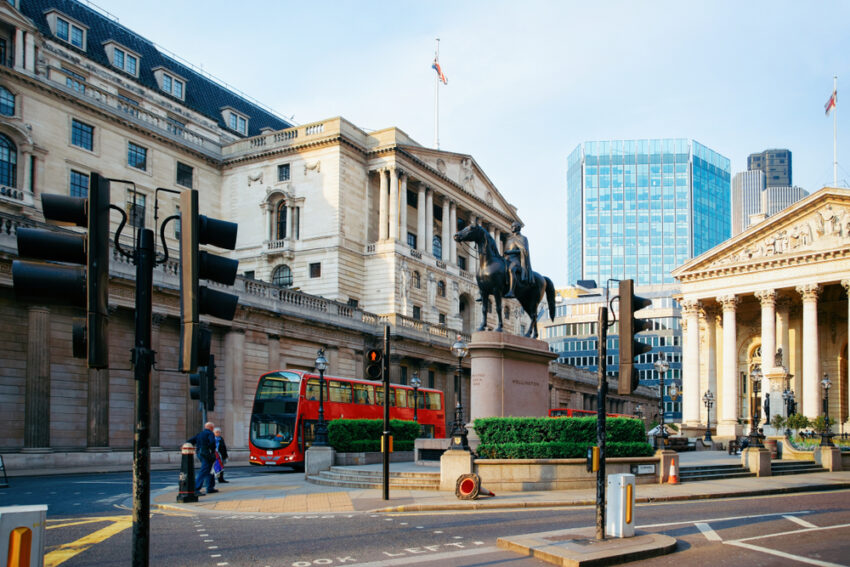The Bank of England is preparing for a closely watched vote on interest rates next Thursday, as policymakers weigh the benefits of low inflation against the threat of weaker economic growth following the upcoming tax rises.
Markets, which a few weeks ago were expecting no change in rates until mid-2025, have now seen a sharp change in expectations. Investors are betting that the Monetary Policy Committee (MPC) – the bank's nine-member rate-setting panel – could vote in favor of a 0.25 percentage point cut, bringing the base rate down to 3.75 per cent, the lowest level in nearly three years.
If approved, it would be the bank's sixth cut since August 2024 and would mirror the US Federal Reserve's recent decision to ease policy for the second consecutive meeting.
There remains a possibility of an imminent rate cut due to soft economic data. Inflation, although still above the target of 3.8 percent, has remained below the bank's forecast for three consecutive months. Services inflation – a key indicator of domestic pricing pressures – declined to 4.7 per cent in September, under the MPC's 5 per cent forecast.
Food price growth has slowed to 4.5 percent, while private sector wage growth has slowed to 4.4 percent. Meanwhile, unemployment has hit a four-year high of 4.8 percent, indicating slack in the labor market.
Yields on UK government bonds have fallen to their lowest levels this year as traders expect a rate cut before the end of the year. “Expectations of rising inflationary pressures have given rise to concerns about a rapid cooling of the labor market and overly restrictive monetary policy,” analysts at BNP Paribas said.
Investment banks are divided on whether the MPC will act this month or wait for clearer fiscal signals. Goldman Sachs and Nomura forecast a narrow vote in favor of a cut next Thursday, while Deutsche Bank believes the committee will err on the side of caution and keep rates steady.
Deutsche Bank chief UK economist Sanjay Raja said the MPC is “very balanced” but may decide to delay action until after the Chancellor's Budget. Rachel Reeves is expected to announce tax rises of up to £40bn, with analysts warning this could slow economic growth and strengthen the case for monetary easing towards the end of the year.
Investec economists urged restraint, suggesting that the MPC should “wait for another batch of inflation data” before taking action. However, Goldman Sachs argued that the bank should take steps in advance to offset the “contractionary impulse” expected from upcoming fiscal tightening.
Along with next week's rate decision, the bank will release updated forecasts for growth, inflation, unemployment and productivity. These will be closely watched amid reports that the Office for Budget Responsibility is planning to slash its own productivity outlook, potentially leaving a £20bn gap in the Chancellor's financial plans.
Pantheon Macroeconomics analysts said a significant income tax increase could cause “damage” [Bank] “Towards cuts in December and again in the spring” as the twin effects of higher taxes and slower inflation take hold.
This balancing act puts the UK at a crossroads: whether to keep pace with the US Federal Reserve's easing cycle or wait until the full impact of the budget becomes clear. Either way, next week's vote will be one of the most watched in years – setting the tone for monetary policy well into 2025.










